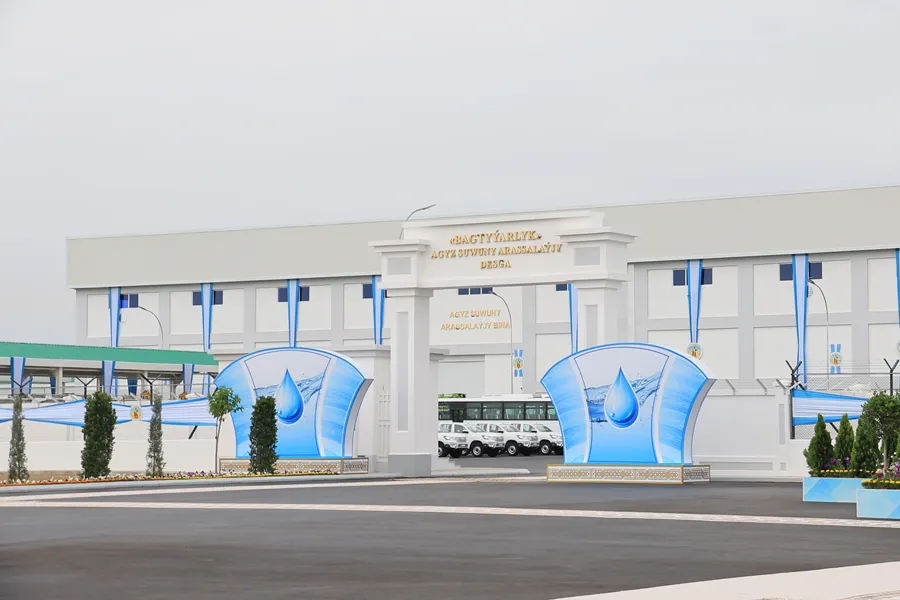Tashkent will be divided into eco-zones, the entry of cars into some of them will be limited
Fines received for violations will be used to finance measures to improve the environmental situation.
Today, President Shavkat Mirziyoyev got acquainted with the measures being implemented to improve the environmental situation in Tashkent. This was reported by the press service of the head of state.
Recently, environmental issues, especially air quality, have been a source of public concern. One of the main reasons is harmful gases emitted by vehicles that do not meet environmental requirements, as well as traffic jams. In this regard, at the initiative of the head of state, comprehensive measures are being taken to improve the environmental situation,” the statement says.
In order to solve environmental problems, the registration and examination department of the Tashkent Road Safety Department in the Fayzobod mahalla of Mirabad district was transformed into a modern diagnostic center working according to a new methodology.
When organizing the work of the center, best practices in the field of environmental protection of cities in developed countries, such as Germany, Belgium, and France, were taken into account.
Here, the process of issuing state license plates and vehicle registration certificates is freed from various bureaucratic obstacles and red tape, and the human factor is minimized. If previously the process of registering a vehicle was carried out in six to seven stages, now the number of stages has been reduced to three, the presidential press service noted.
In addition, the center checks the amount of harmful substances emitted by the car. Depending on the results of the environmental check, a red, yellow or green sticker with an RFID chip is affixed to the windshield of the car.
It is clarified that in the future the city’s territory will be divided into several ecological zones.
In particular, it is proposed to gradually limit entry into these ecological zones in accordance with the level of pollutants emitted by vehicles. Access to environmental zones for vehicles without permission will be controlled automatically. Fines received for violations will be used to finance measures to improve the environmental situation.
For the system to fully operate, it is planned to install about 100 automatic air monitoring stations throughout the country and equip 84 registration and diagnostic centers, as well as 216 district offices of the Road Safety Service with modern diagnostic equipment.
In turn, practical measures will be taken to encourage the population to purchase electric vehicles, including by reducing the fee for issuing state license plates for this category of cars.
Presidential Press Service



